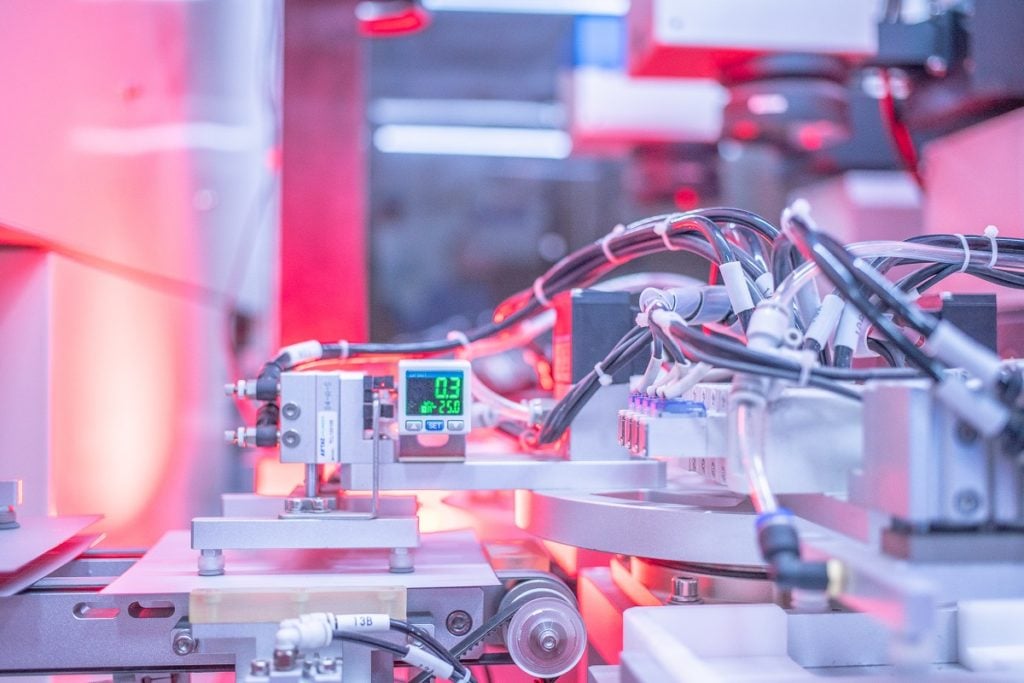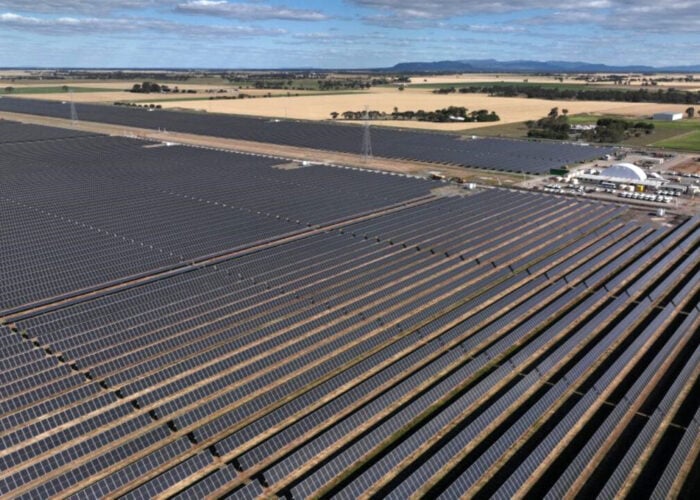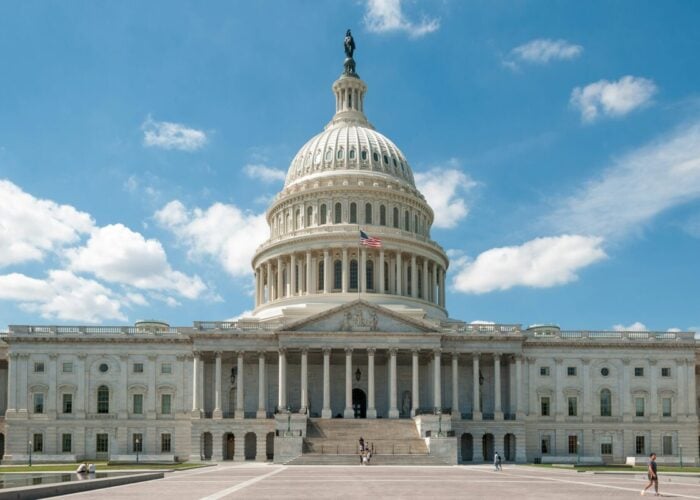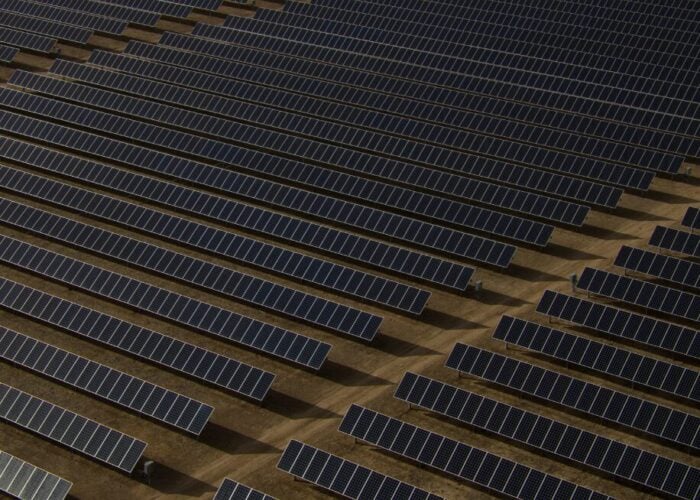
Leading Chinese PV manufacturers JinkoSolar and LONGi Green Energy have agreed to terminate ongoing patent lawsuits, and enter into a “cross-licensing agreement” pertaining to patents owned by each party.
The announcement, made by both companies on 19 September, brings to an end patent battles between the companies that have dominated headlines for close to a year. These include Jinko filing patent infringement lawsuits against LONGi in Germany in August and Japan in January, and LONGi filing its own lawsuit against Jinko in Texas in February.
Try Premium for just $1
- Full premium access for the first month at only $1
- Converts to an annual rate after 30 days unless cancelled
- Cancel anytime during the trial period
Premium Benefits
- Expert industry analysis and interviews
- Digital access to PV Tech Power journal
- Exclusive event discounts
Or get the full Premium subscription right away
Or continue reading this article for free
The lawsuits have covered a range of technologies and manufacturing areas, including the sale of tunnel oxide passivated contact (TOPCon) modules and the process of coating and doping of the passivation region of cells. The companies agreed to end “all ongoing patent-related legal proceedings worldwide”, and enter into a “commercial arrangement that includes a cross-licensing agreement covering selected core patents owned by each party.”
While neither company provided more details on this licensing agreement, such arrangements have become increasingly common this year. In February, US cell manufacturer Talon PV signed a licensing agreement with First Solar, while Chinese giant Trinasolar signed a TOPCon licensing agreement with French startup Holosolis to permit the latter to use its cell technology to support a new European module manufacturing line.
Jinko and LONGi’s joint statement highlighted the fact that the global solar industry has shifted from an area of “price-driven competition” to “a new era of high-quality growth fuelled by technological innovation” as the sector has matured, suggesting that licensing agreements, as a means to avoid these technological disputes, could become more common in the future.
“This settlement and patent licensing underscore both companies’ commitment to respecting intellectual property and pursuing win-win cooperation, setting a benchmark for long-term, sustainable IP partnerships in the solar industry,” Jinko and LONGi said in their statement.
“We believe this will encourage greater investment in research and development across the PV sector, fostering a virtuous cycle of competition, building a healthy and orderly intellectual property ecosystem that supports the industry’s sustainable growth,” they added.
The news follows the publication of the financial results of many leading Chinese companies, which made for ominous reading. Jinko and LONGi, alongside Trina Solar and JA Solar, collectively posted losses of nearly US$1.54 billion in the first half of the year, two and a half times worse losses than were endured in the first half of 2024.






